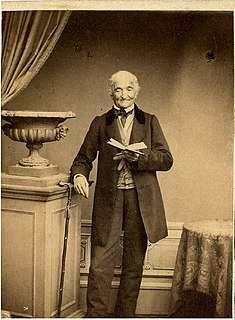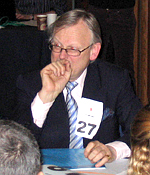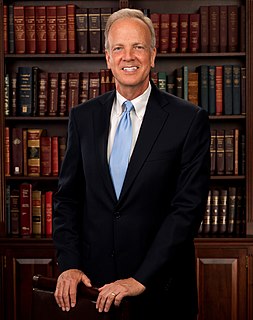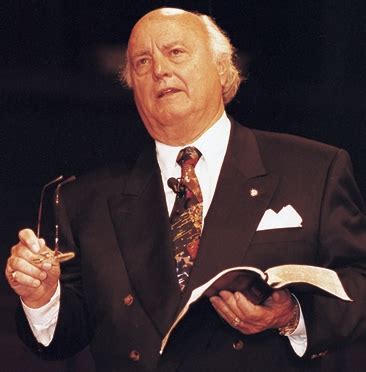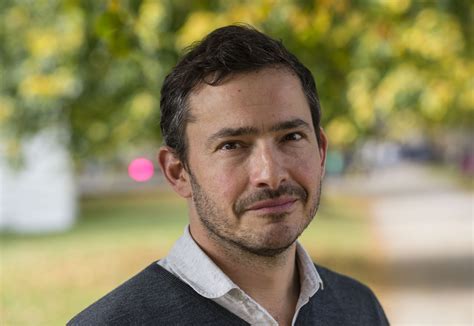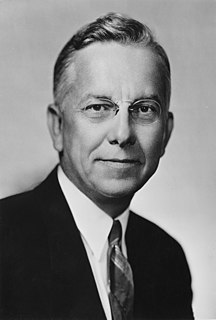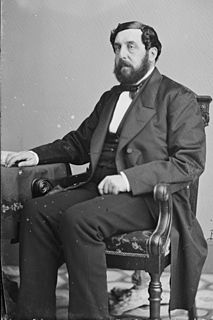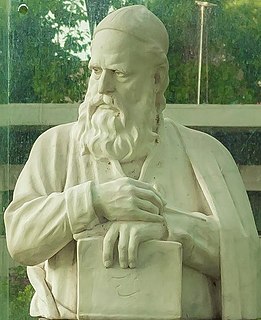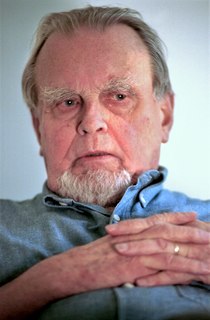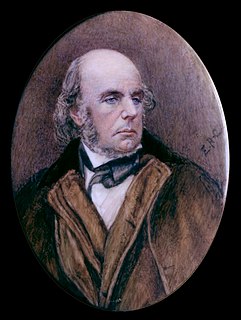Top 1200 Which Quotes & Sayings - Page 15
Explore popular Which quotes.
Last updated on April 21, 2025.
There are many misconceptions about depression-mostly negative. Unfortunately, because depressed people think negatively about depression and its treatment, they don't get help, which allows the depression to worsen, which leads to more negative thinking, which produces a vicious cycle of suffering.
Those who dream by day are cognizant of many things which escape those who dream only by night. In their gray visions they obtain glimpses of eternity, and thrill, in waking, to find that they have been upon the verge of the great secret. In snatches, they learn something of the wisdom which is of good, and more of the mere knowledge which is of evil.
Free societies, which allow differences to speak and be heard, and live by intermarriage, commerce, and free migration, and democratic societies, which convert enemies into adversaries and reconcile differences without resort to violence, are societies in which the genocidal temptation is unlikely and even inconceivable.
I know nothing which life has to offer so satisfying as the profound good understanding, which can subsist, after much exchange ofgood offices, between two virtuous men, each of whom is sure of himself, and sure of his friend. It is a happiness which postpones all other gratifications, and makes politics, and commerce, and churches, cheap.
Religion is among the most beautiful and most natural of all things - that religion which 'sees God in clouds and hears Him in the wind,' which endows every object of sense with a living soul, which finds in the system of nature whatever is holy, mysterious and venerable, and inspires the bosom with sentiments of awe and veneration.
I have several books I can read over and over. With fiction, it's 'The Stand' by Stephen King, which is my favorite all time. I read that at least once a year, the version which has 100,000 extra words, which is like the director's cut and unabridged. I love the story. I love the social connotation to it.
There is (gentle reader) nothing (the works of God only set apart) which so much beautifies and adorns the soul and mind of man as does knowledge of the good arts and sciences . Many arts there are which beautify the mind of man; but of all none do more garnish and beautify it than those arts which are called mathematical , unto the knowledge of which no man can attain, without perfect knowledge and instruction of the principles, grounds, and Elements of Geometry.
Horsemanship is the one art for which it seems one needs only practice. However, practice without true principles is nothing other than routine, the fruit of which is a strained and unsure execution, a false diamond which dazzles semi-connoisseurs often more impressed by the accomplishments of the horse than the merit of the horseman.
We’re now recognizing that the mind, which is an energetic field of thought which you can read with EEG wires on your brain or with a new process called magnetoencephalography (MEG), which reads the field without even touching the body. So it basically says that when you’re processing with your brain, you’re broadcasting fields.
The world is very complicated and it is clearly impossible for the human mind to understand it completely. Man has therefore devised an artifice which permits the complicated nature of the world to be blamed on something which is called accidental and thus permits him to abstract a domain in which simple laws can be found.
Words too familiar, or too remote, defeat the purpose of a poet. From those sounds which we hear on small or on coarse occasions, we do not easily receive strong impressions, or delightful images; and words to which we are nearly strangers, whenever they occur, draw that attention on themselves which they should transmit to other things.
Natural Magick is taken to be nothing else, but the chief power of all the natural Sciences; which therefore they call the top and perfection of Natural Philosophy, and which is indeed the active part of the same; which by the assistance of natural forces and faculties, through their mutual & opportune application, performs those things that are above Human Reason.
The responsibility which rests upon man is proportional to the ability which he possesses and the opportunity which he faces. Perhaps that responsibility is no greater for him than was that of Notharctus or Eohippus or a trilobite, each in his own day, but because of man's unique abilities it is the greatest responsibility that has ever rested upon any of the earth's offspring.
Professed authors who overestimate their vocation are too full of themselves to be agreeable companions. The demands of their egotism are inveterate. They seem to be incapable of that abandon which is the requisite condition of social pleasure; and bent upon winning a tribute of admiration, or some hint which they can turn to the account of pen-craft, there is seldom in their company any of the delightful unconsciousness which harmonizes a circle.
Christ is already in that place of peace, which is all in all. He is on the right hand of God. He is hidden in the brightness of the radiance which issues from the everlasting throne. He is in the very abyss of peace, where there is no voice of tumult or distress, but a deep stillness--stillness, that greatest and most awful of all goods which we can fancy; that most perfect of joys, the utter profound, ineffable tranquillity of the Divine Essence. He has entered into His rest. That is our home; here we are on a pilgrimage, and Christ calls us to His many mansions which He has prepared.
. . . These are notions of the mind, which is like a knife, always chipping away at the Tao, trying to render it graspable and manageable. But that which is beyond form is ungraspable, and that which is beyond knowing is unmanageable. There is, however, this consolation: She who lets go of the knife will find the Tao at her fingertips.
The spirit of God, like the sun, always gives all its light at once. The spirit of man resembles the pale moon, which has its phases, its absences and its returns, its lucidity and its spots, its fullness and its disappearance, which borrows all its light from the rays of the sun, and which still dares to intercept them on occasion.
Evil grows and bears fruit, which is understandable, because it has logic and probability on its side and also, of course, strength. The resistance of tiny kernels of good, to which no one grants the power of causing far-reaching consequences, is entirely mysterious, however. Such seeming nothingness not only lasts but contains within itself enormous energy which is revealed gradually.
Happily, and thanks to God, there are orifices through which our inner life constantly escapes, and the soul, like the blood, hath its pores. The mouth is the chief and foremost of these channels which lead the soul out of its invisible sanctuary; it is by speech that man communicates the secret converse which is his real life.
Do you not think that there are things which you cannot understand, and yet which are; that some people see things that others cannot? But there are things old and new which must not be contemplate by men´s eyes, because they know -or think they know- some things which other men have told them. Ah, it is the fault of our science that it wants to explain all; and if it explain not, then it says there is nothing to explain.
A law which excludes all dialectic and all reconciliation; which establishes, consequently, both the flawless unity of knowledge and the uncompromising division of tragic existence; it rules over a world without twilight, which knows no effusion, nor the attenuated cares of lyricism; everything must be either waking or dream, truth or darkness, the light of being or the nothingness of shadow.
There are certain concepts, which exist in English, and are unthinkable, untranslatable into Hebrew and vice versa. Hebrew has a system of tenses, which is, in a big way, different from the English system of tenses, probably different than any European system of tenses, which means a different sense of reality, which means a different concept of time. So, things can be translated, but they become different.
The apportionment of taxes on the various descriptions of property is an act which seems to require the most exact impartiality; yet there is, perhaps, no legislative act in which greater opportunity and temptation are given to a predominant party to trample on the rules of justice. Every shilling which they overburden the inferior number is a shilling saved to their own pockets.
Identity would seem to be the garment with which one covers the nakedness of the self: in which case, it is best that the garment be loose, a little like the robes of the desert, through which one's nakedness can always be felt, and, sometimes, discerned. This trust in one's nakedness is all that gives one the power to change one's robes.








